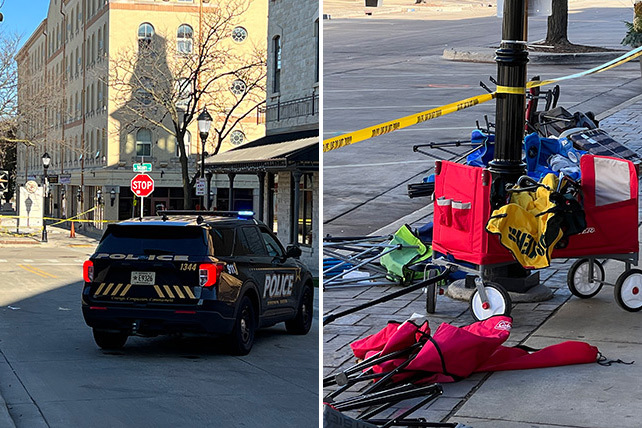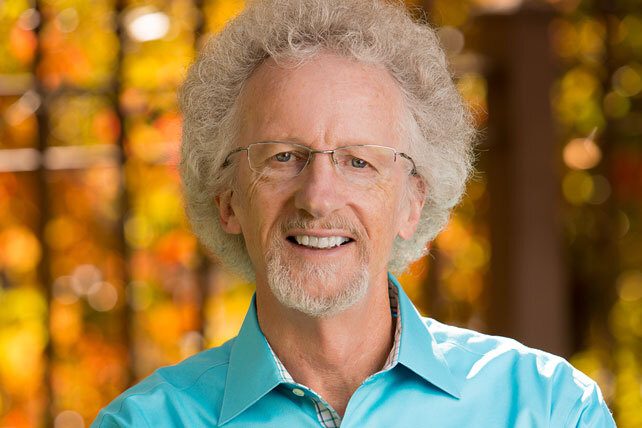(RNS) — Organizers of the United Methodist Church’s General Conference announced last week they are moving forward with plans for the meeting next fall … for now.
But, the Commission on the General Conference said Friday (Nov. 19), it hasn’t ruled out postponing the usually quadrennial meeting of the denomination’s global decision-making body yet again.
That would mark the third time the meeting has been postponed by the ongoing COVID-19 pandemic since it was originally scheduled for 2020, delaying yet again an expected vote on a proposal to split the denomination over disagreements on the full inclusion of its LGBTQ members.
At its online meeting last week, the commission adopted guidelines to help it decide during the first quarter of 2022 whether to hold the General Conference as currently scheduled or consider postponing it again.
That includes considering the health and safety of delegates, staff, volunteers and guests, as well as the inclusion of the broad diversity of the church amid travel restrictions and differing access to vaccines around the world.
“We wanted to have stated values that we will lift up as we make these important decisions,” Commission on the General Conference Chair Kim Simpson said in a written statement.
“For example, we feel it is important to go beyond the minimum requirement of quorum when thinking about the involvement of as many delegates as possible.”
The General Conference originally had been set for May 5 to May 15, 2020, in Minneapolis. That meeting was rescheduled for Aug. 29 to Sept. 7, 2021, when the Minneapolis Convention Center announced it was restricting events during the pandemic. It was rescheduled then again for Aug. 29 to Sept. 6, 2022, at the same venue.
Delegates to the General Conference are expected to take up a proposal to split the denomination, called “A Protocol of Reconciliation and Grace Through Separation.” The proposal, negotiated by 16 United Methodist bishops and advocacy group leaders from across theological divides, would allow churches and conferences to leave to form new Methodist denominations, including a conservative “traditionalist” Methodist denomination that would receive $25 million over the next four years.
Calls to split one of the largest denominations in the United States have grown since the 2019 special session of the United Methodist General Conference approved the so-called Traditional Plan strengthening the church’s bans on the ordination and marriage of LGBTQ United Methodists.
This article originally appeared here.




 Let’s Ask…
Let’s Ask…



















